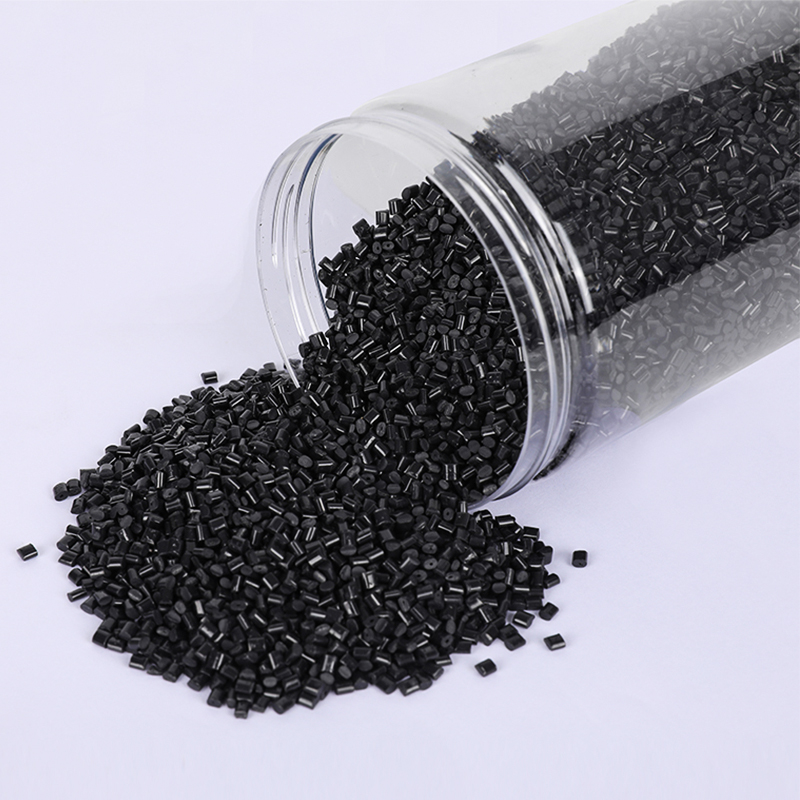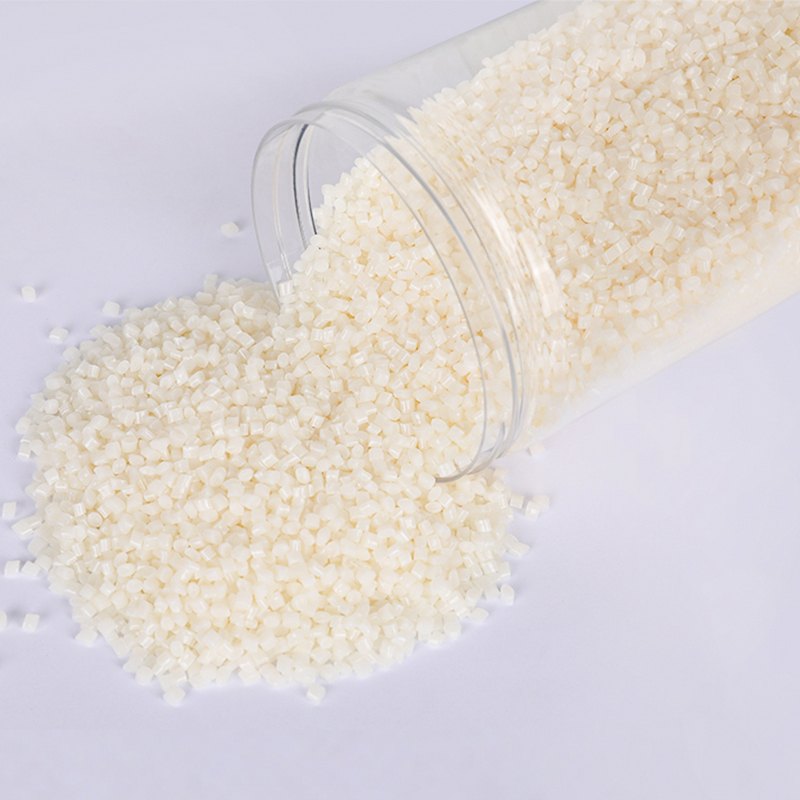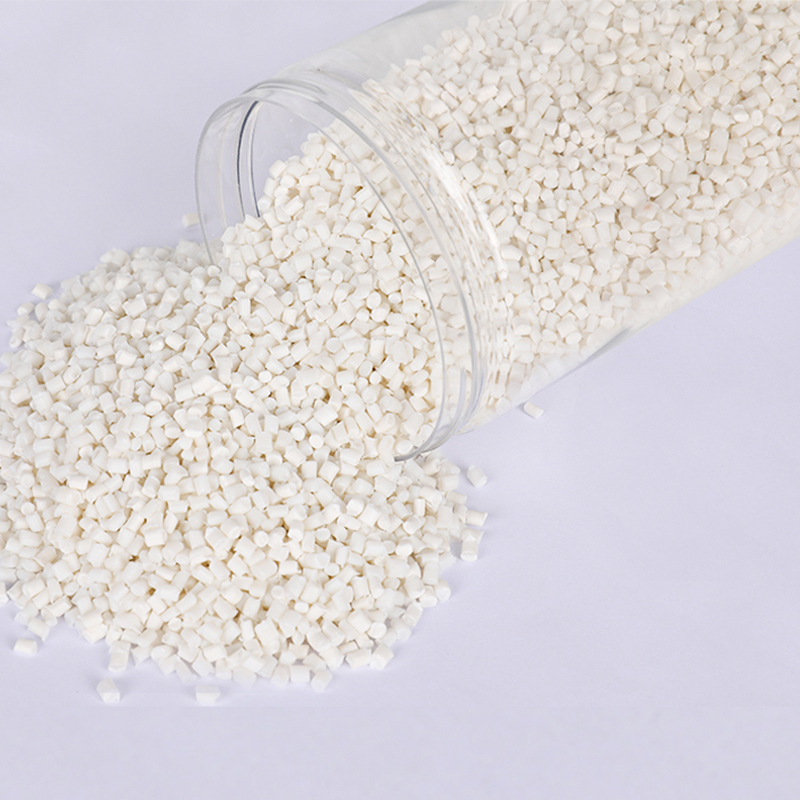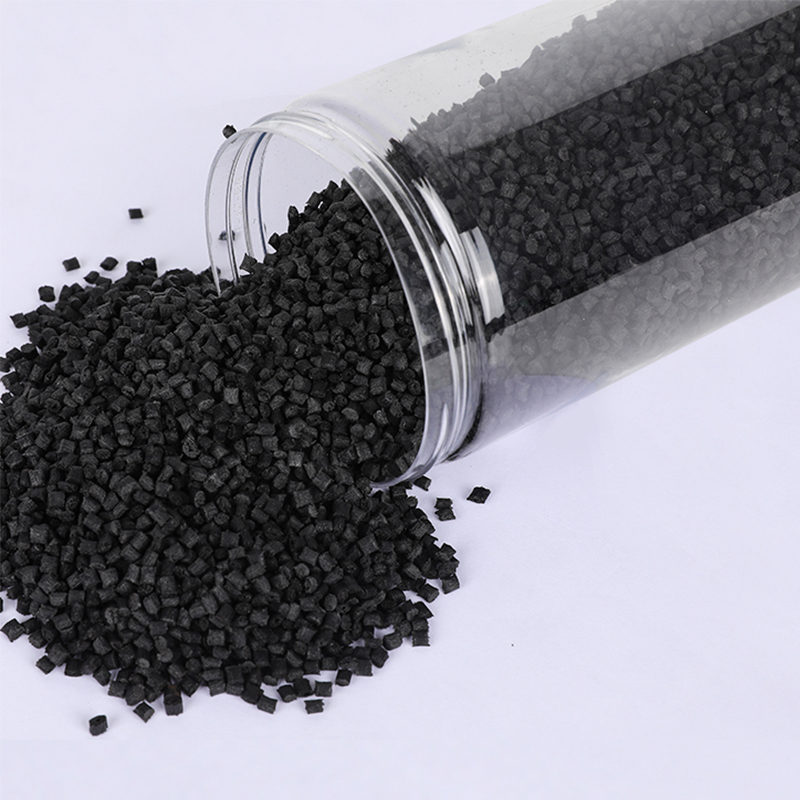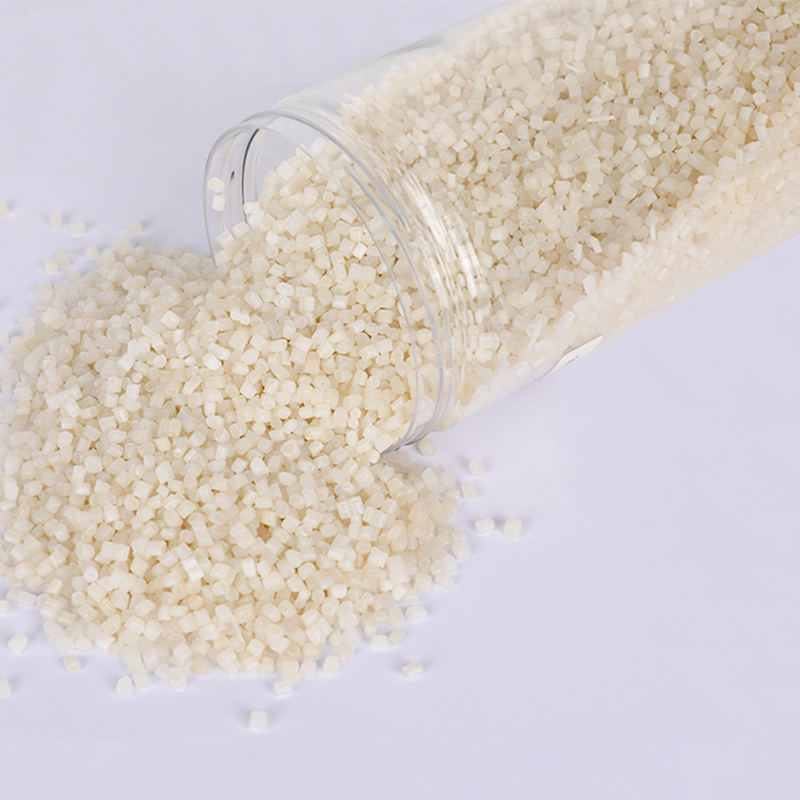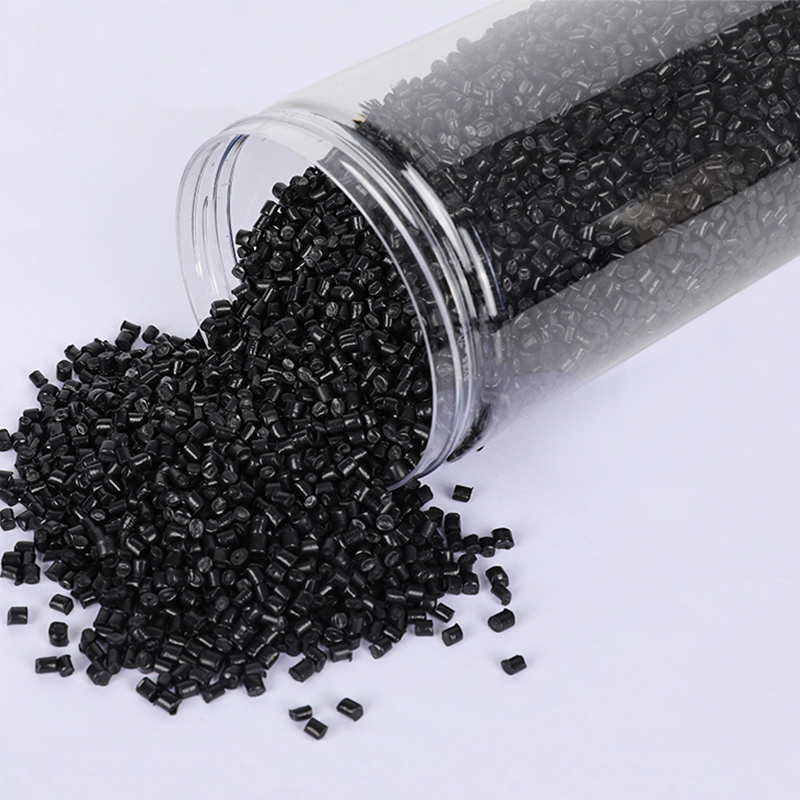Stay up to date with our recent products
Web Menu
Product Search
Exit Menu
How is RPP recycled polypropylene plastic processed and transformed for industrial use?
Recycled polypropylene plastic (RPP) represents a significant advancement in sustainable manufacturing, capitalizing on the versatility and durability of polypropylene while addressing environmental concerns. The process of recycling polypropylene begins with the collection of used polypropylene products, which may include anything from packaging materials to automotive parts. These collected items are first cleaned to remove any contaminants such as labels, adhesives, or food residues. This step is crucial to ensure that the recycled material maintains its integrity and performance in new applications.
Once cleaned, the polypropylene is sorted to separate it from other types of plastics and non-plastic materials. Sorting can be accomplished through various methods, including manual sorting, automated systems using optical sensors, and density-based separation techniques. The sorted polypropylene is then shredded into small flakes or granules, a process that further prepares the material for the next stage. These flakes are subjected to a series of washing and drying procedures to remove any remaining impurities.
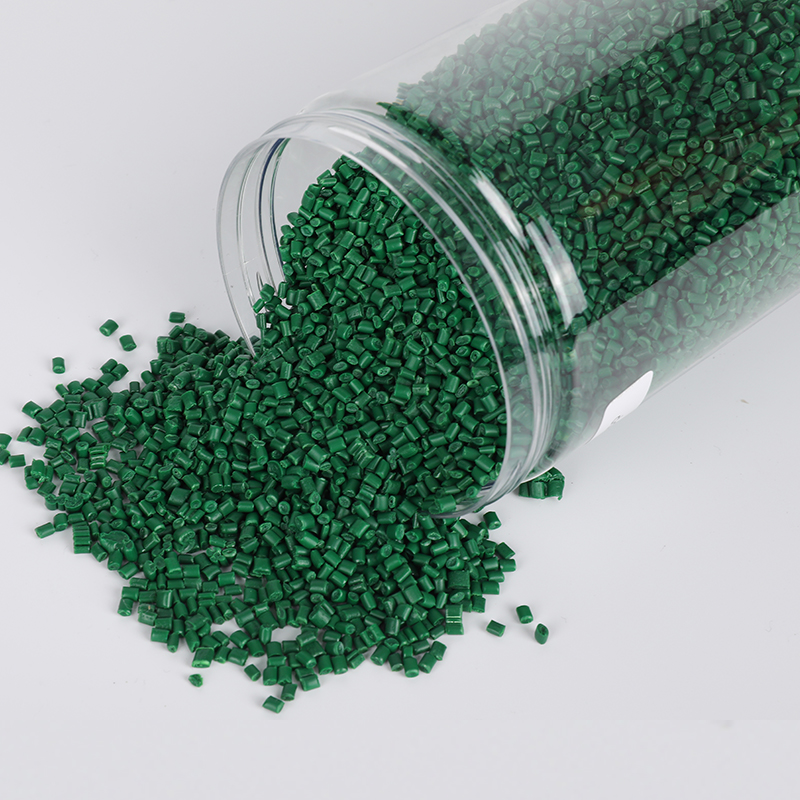
The clean polypropylene flakes are then melted in a controlled environment. This melting process allows the material to be reformed into pellets or other shapes suitable for manufacturing. The resulting pellets of recycled polypropylene are similar in quality and performance to those made from virgin polypropylene. These pellets can be used in a wide range of applications, from packaging and textiles to automotive components and medical devices. The adaptability of recycled polypropylene ensures that it can meet the demands of various industries while reducing the reliance on new plastic production.
One of the primary advantages of RPP recycled polypropylene plastic lies in its environmental benefits. By recycling polypropylene, we significantly reduce the amount of plastic waste that would otherwise end up in landfills or the environment. Additionally, using recycled polypropylene lowers the energy and resources required for producing new plastic, making it a more sustainable option. This not only contributes to reducing greenhouse gas emissions but also conserves natural resources, aligning with broader goals of environmental stewardship and sustainability.
The processing of RPP recycled polypropylene involves a meticulous series of steps designed to transform used polypropylene products into high-quality, reusable materials. Through cleaning, sorting, and melting, recycled polypropylene can be repurposed for a diverse array of industrial applications, offering both performance and sustainability. This process exemplifies how recycling can contribute to a more sustainable future, demonstrating the value of RPP recycled polypropylene in reducing waste and conserving resources.
As China PCR Recycled Plastic Granules Factory, We always adhere to the experience and philosophy of "keeping up with the times, constantly innovating, developing efficiently, and cooperating for mutual benefit"

Address: No.11, Wangzhuang Section, Provincial Road 01, Daqiao New Area, Economic Development Zone, Haiyan County, Jiaxing City, Zhejiang Province, China
Phone: +86-18058285678
Fax: +86-0573-86868101
E-mail: [email protected]
SUNRISE GROUP(Overseas Exclusive Agent)
www.sunrisechemical.com
2024 ICIS Global Chemical Distributor Top 8
Export Sales Manager:Helen Zhang
Mob/Whatsapp: +86 19883063465
Email: [email protected]
Copyright © Jiaxing Anyiju Plastic Industry Co., Ltd. All Rights Reserved

 简体中文
简体中文 English
English

